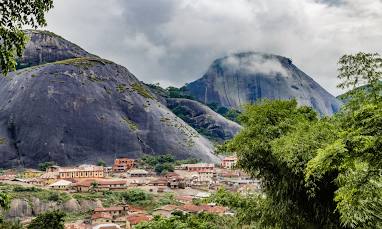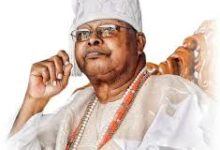Unraveling the Mystery: Is Nigeria Truly Rich or Poor? Busola Oworu
Unraveling the Mystery: Is Nigeria Truly Rich or Poor?

Exploring the complexity of Nigeria’s economic landscape there are factors that make it both a rich nation with significant resources and a country plagued by widespread poverty.
Nigeria, widely known as the “Giant of Africa,” as such, stands as a complex case study when it comes to economic prosperity. On one hand, the country boasts as the largest economy on the continent with abundant natural resources such as oil, agriculture, and minerals. Despite this wealth, a large segment of the Nigerian population still struggles to meet their basic needs, leading to the widely debated question: Is Nigeria rich or poor?
Many would wonder, why an average Nigerians take home salary is not even enough to sustain such person, despite the rich mineral resources, it is opined that a larger percentage of the Nigerian populace still suffer and are unable to afford three square meals per day.
One of the key factors contributing to Nigeria’s paradoxical state is the high level of income inequality. The distribution of wealth in the country is heavily skewed, with a small percentage of the population holding a disproportionate amount of resources. This results in a significant portion of Nigerians living below the poverty line, lacking access to essential services like healthcare, education, and clean water which a necessity of life.
Moreover, pervasive corruption at various levels of government and society further exacerbates the issue. Mismanagement of resources, embezzlement, and lack of transparency hinder Nigeria’s potential for inclusive growth and equitable development. Does this point highlight the fact that most Nigerian leaders are selfish and are not in favor of the masses.
As we navigate through the intricacies of Nigeria’s economic landscape, it becomes evident that the country’s richness is overshadowed by systemic challenges that perpetuate poverty and hinder overall progress. By addressing issues of inequality, corruption, and resource management, Nigeria has the potential to harness its vast resources for the benefit of all its citizens, fostering a more equitable and prosperous future but only with good and selfless leaders can the aforementioned be achieved.
